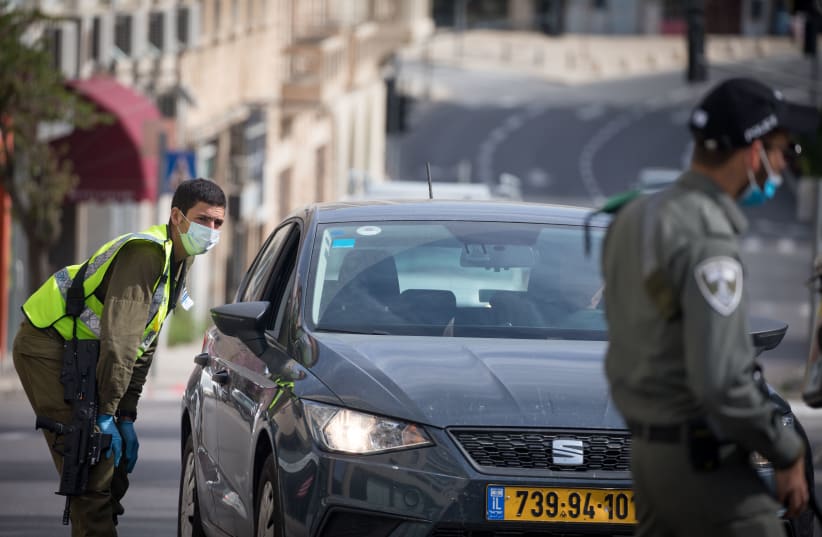Iyad al-Halak’s killing raises concerns over police behavior towards Arabs
Increased numbers of parking fines and other penalties in the neighborhood led to an ever escalating series of clashes which have resulted in numerous arrests, injuries, and even deaths of residents.
